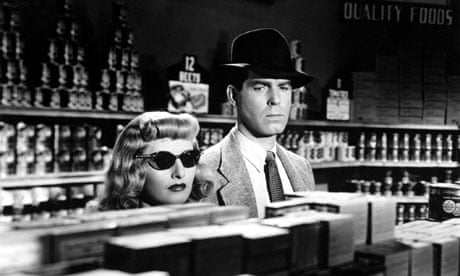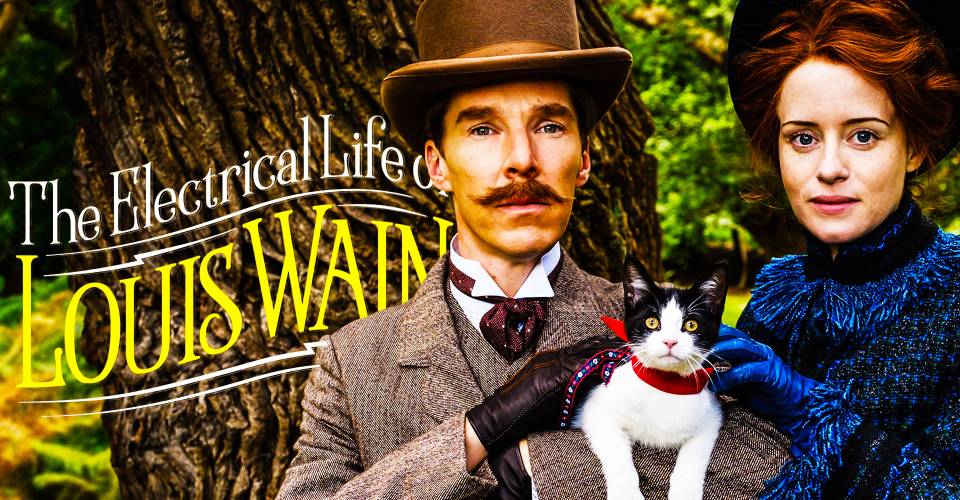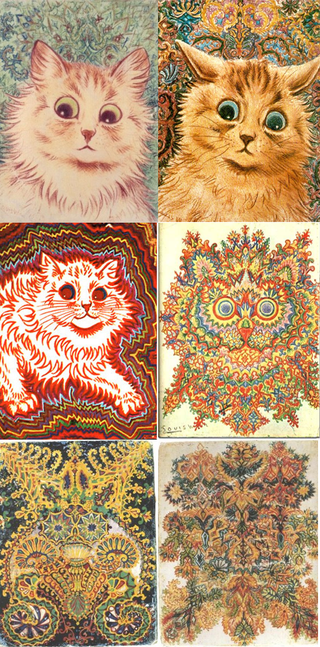 Billy Wilder made a lot of films and I don't know to what extent he is seen as making films with recurring themes, but there are definite elements here that find echoes in his other work. William Holden in Sunset Boulevard appears to have taken over the insurance salesman's apartment; in certain other regards the protagonists of both films follow a similar trajectory. The closing scene between the salesman and his loss adjustor colleague (Edward G. Robinson) recalls the ending of Some Like It Hot with its faint suggestion of homosexual attraction (though I could be reading too much into what is actually a more traditional paternal relationship). And similar to those other films, there is an air of loucheness to this one. In the opening it is presented as entirely normal that an insurance salesman would engage in lewd banter with the wife of a potential client, while later a minor character talks about how much he is looking forward to seeing a visiting "osteopath".
Billy Wilder made a lot of films and I don't know to what extent he is seen as making films with recurring themes, but there are definite elements here that find echoes in his other work. William Holden in Sunset Boulevard appears to have taken over the insurance salesman's apartment; in certain other regards the protagonists of both films follow a similar trajectory. The closing scene between the salesman and his loss adjustor colleague (Edward G. Robinson) recalls the ending of Some Like It Hot with its faint suggestion of homosexual attraction (though I could be reading too much into what is actually a more traditional paternal relationship). And similar to those other films, there is an air of loucheness to this one. In the opening it is presented as entirely normal that an insurance salesman would engage in lewd banter with the wife of a potential client, while later a minor character talks about how much he is looking forward to seeing a visiting "osteopath".
The Getaway meanwhile is a Sam Peckinpah directed film about a crim (Steve McQueen) who has to make a getaway after a heist goes wrong when other crims try to double-cross him. He is aided and abetted in this endeavour by his lovely wife (Ali McGraw). The film starts well with largely wordless scenes showing the crim in jail, the machinery of the jail juxtaposed with the mechanistic tasks pursued by the prisoners. It goes downhill once he gets out. The whole heist-gone-wrong plot is a bit plodding and predictable while the film as a whole has a tiresome air of macho blokey bollocks to it (see also: all other Sam Peckinpah films).
Peckinpah films are sometimes like artefacts from an era of unreconstructed offensive sexism and The Getaway is no exception in this regard. The scenes in which for reasons a rival crim kidnaps another couple and then starts shagging the woman, who turns out to love getting some good lovin', leaves a nasty taste, particularly as it is all largely played for laughs.
The various scenes where Steve McQueen's character slaps Ali McGraw around are also quite distasteful, not least because they were in a real-life relationship at the time that was reputedly characterised by domestic violence. Some of the other quirks of the Peckinpah style also grated with me. The slow-motion arcs of blood in the death scenes were a bit comedic; these may once have seemed ground-breaking but now (and perhaps already by the time this film was made) they are little more than Peckinpah cliché.
But for all that, the film has a strong visual sense. As previously noted, the images of jail life are stunning. Another scene that gives rise to some striking images is one where McQueen & McGraw escape emerge in a dump having escaped from the cops in a garbage truck's trash compartment. Neverthelss the film remains fundamentally not that good but might be of interest to film history types or fans of domestic violence. Otherwise don't bother with The Getaway: watch (or rewatch) Double Indemnity instead.
images:
Double Indemnity (Guardian: "My favourite film: Double Indemnity")
The Getaway (Basement Rejects: "The Getaway (1972)")








